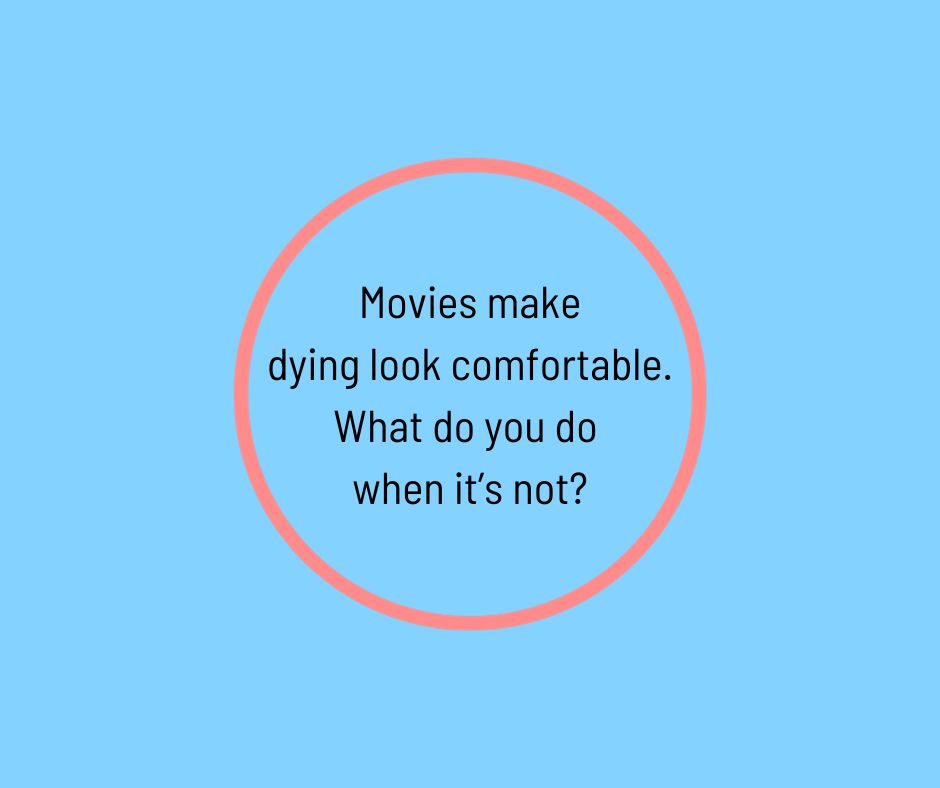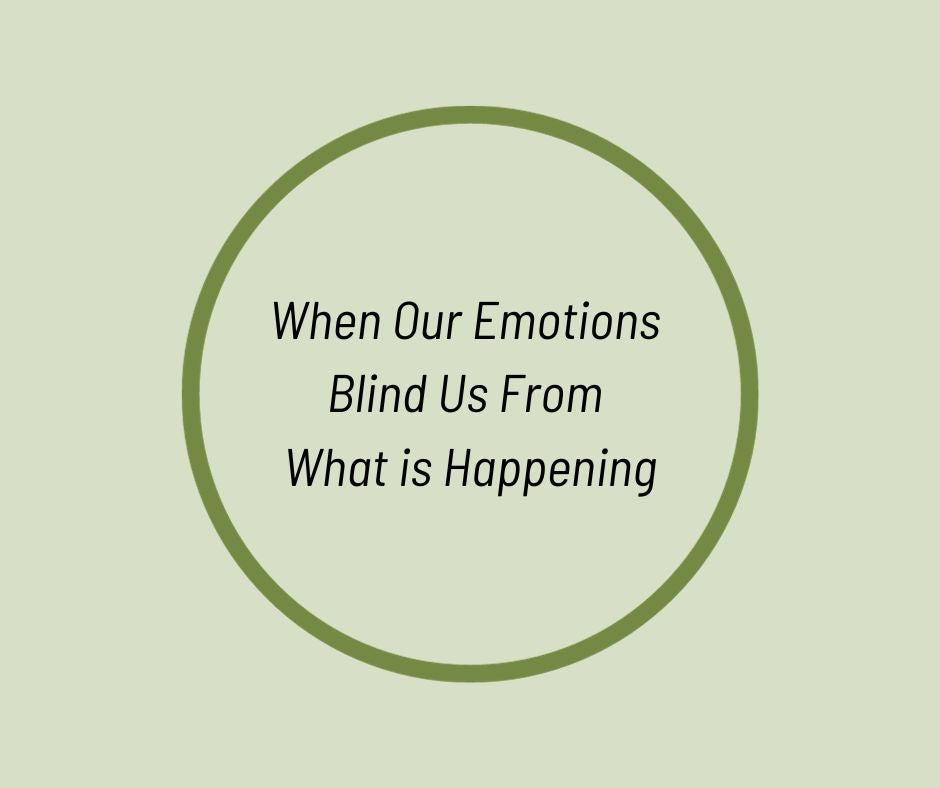I talk a lot about eating and not eating as a person approaches the end of their life. I remind people that our body eats to live and that when the body is preparing to die, all by itself, it cuts back and stops eating. The person reaches a place where they just can’t eat no matter how much they or others want them to. My advice is always offer food but don’t force.
In this blog I am going to address the caregiver of the person that doesn’t want to or can’t eat.
As caregivers, we want so much to do the “right thing” for our special person. We know death is coming but still try to do all we can to stop it AND that means getting our person to eat.
The caregiver’s focus becomes getting the person to eat those foods that are especially good for them (protein, high calorie foods). They try frequent, small quantities. Plead. Push. Beg. And when the person doesn’t respond positively to the efforts, eventually frustration, and even anger shows its ugly head. The patient, frustrated, “I just can’t eat. Just leave me alone.” And the caregiver has “if you don’t eat you will die” going through in their head.
Is there a solution to this dynamic? I’m not sure there is. Both patient and caregiver are responding to where life has put them. Responding to their feelings of fear and trying to adapt to the situation life has put them in.
This is where having support for the caregiver is so important. People that can be reached out to, cried with, complained to; people who you can verbalize the frustration, fears, and thoughts with. Support for the caregiver so he/she can partake of their “precious time”. Time to love, time to hold each other, time to laugh.
The caregiver is the one who has to adapt, to deal with the frustrations, to put aside their worry and concern. The patient can’t. They can’t eat, can’t change, and feel they have lost all control over their life. Food is one of the few areas of life we think we can control and they are losing even that. They can’t even eat.
Something More… about Caregiver Fear and Frustration When They Can’t Eat
There is a progression of stopping eating at end of life either from disease or old age. To understand more about this watch NEW RULES for End of Life Care (on Vimeo or get the DVD kit). The film also covers narcotics, sleep, and grief.








4 comments
Sue Stair
I took care of my mother until her end of life. When she came to live with me it was because she was going to have her knee replacement. Unpon X-rays they found lung cancer. The oncologist wanted to treat her but I saw the glassy eyes that she had. I knew something else was going on!! Why do Dr still treat the disease when they know the patient is already dying? My mother stopped eating breakfast and that was her favorite meal of the day! I suspected she was dying but why didn’t the doctors know! I feel I let her down at her end of life as I knew but was relying on her medical team to guide me. I called hospice and two days later she passed. Thank you very much for all your knowledge on this subject. It has helped me so very much. I’m very sorry to hear about your husband.
———
BK Books replied:
Sue, I’m sorry you did not have the support and guidance from the medical field. Their focus so often is upon the disease that people have instead of looking at the person that has the disease. My hope is that those working in end of life can shift that focus. Blessings to you. Barbara
I took care of my mother until her end of life. When she came to live with me it was because she was going to have her knee replacement. Unpon X-rays they found lung cancer. The oncologist wanted to treat her but I saw the glassy eyes that she had. I knew something else was going on!! Why do Dr still treat the disease when they know the patient is already dying? My mother stopped eating breakfast and that was her favorite meal of the day! I suspected she was dying but why didn’t the doctors know! I feel I let her down at her end of life as I knew but was relying on her medical team to guide me. I called hospice and two days later she passed. Thank you very much for all your knowledge on this subject. It has helped me so very much. I’m very sorry to hear about your husband.
———
BK Books replied:
Sue, I’m sorry you did not have the support and guidance from the medical field. Their focus so often is upon the disease that people have instead of looking at the person that has the disease. My hope is that those working in end of life can shift that focus. Blessings to you. Barbara
Gail Giacomini
I was trying to get my Dad to sip ensure drinks on the day of his death. Nurses would come by and never said a thing. When the Doc wanted to have an MRI done, my Dad said, OK, and then the nurse, with irritation, said it really wasn’t necessary. She was right-the Docs just wanted to know what was causing this 96 year old to die! The MRI showed deep-seated lung cancer. In reality his body had just run its course.
I left for the night…one of his nurses gave me a “funny” look, but said nothing. Two hours later he was gone. The medical field is so close-mouthed!
I wish I knew then, what I know today. I would have sat by his bedside like we did for my Mother-in-law, singing and chanting tehillim, and surrounding her with love, after I had my chevrah kadisha training. As it was, Dad died alone in a Veteran’s hospital bed after we had been with him for two days, because we were ignorant about the stages of dying, and none of his medical “team” felt the need to enlighten his family.
Thank you for your information! It’s been invaluable.
———
BK Books replied:
Gail, I am so sorry you didn’t have better guidance as your father was dying. Since you didn’t get to really say goodbye you might write him a letter. Put on paper everything you would have said to him, everything you have always wanted to say to him. When all is on paper, burn the letter and scatter the ashes to the wind, Let how well you live your life now be the gift of love you give your father. Blessings! Barbara
I was trying to get my Dad to sip ensure drinks on the day of his death. Nurses would come by and never said a thing. When the Doc wanted to have an MRI done, my Dad said, OK, and then the nurse, with irritation, said it really wasn’t necessary. She was right-the Docs just wanted to know what was causing this 96 year old to die! The MRI showed deep-seated lung cancer. In reality his body had just run its course.
I left for the night…one of his nurses gave me a “funny” look, but said nothing. Two hours later he was gone. The medical field is so close-mouthed!
I wish I knew then, what I know today. I would have sat by his bedside like we did for my Mother-in-law, singing and chanting tehillim, and surrounding her with love, after I had my chevrah kadisha training. As it was, Dad died alone in a Veteran’s hospital bed after we had been with him for two days, because we were ignorant about the stages of dying, and none of his medical “team” felt the need to enlighten his family.
Thank you for your information! It’s been invaluable.
———
BK Books replied:
Gail, I am so sorry you didn’t have better guidance as your father was dying. Since you didn’t get to really say goodbye you might write him a letter. Put on paper everything you would have said to him, everything you have always wanted to say to him. When all is on paper, burn the letter and scatter the ashes to the wind, Let how well you live your life now be the gift of love you give your father. Blessings! Barbara
Paula Schneider
Back in the day when I was seeing hospice patients, food choices came up frequently. One patient said their caregiver kept putting tacos and other hard to digest foods in front of them. Another said his caregiver kept trying to get him to eat steak. I really felt for these individuals and would do all I could to teach the caregivers how to tone it down a bit. The old-timers knew how to make food for someone who didn’t feel especially well—poached eggs, toast, applesauce, cottage cheese, puddings, etc. I even wrote an article about this for the local newspaper. Thanks for “listening!”
———
BK Books replied:
Paula, caregivers/family generally lack knowledge of proper nutrition, let alone nutrition for those approaching death. Those of us who do know can guide and teach those that don’t. Blessings to you in the work you are doing. Barbara
Back in the day when I was seeing hospice patients, food choices came up frequently. One patient said their caregiver kept putting tacos and other hard to digest foods in front of them. Another said his caregiver kept trying to get him to eat steak. I really felt for these individuals and would do all I could to teach the caregivers how to tone it down a bit. The old-timers knew how to make food for someone who didn’t feel especially well—poached eggs, toast, applesauce, cottage cheese, puddings, etc. I even wrote an article about this for the local newspaper. Thanks for “listening!”
———
BK Books replied:
Paula, caregivers/family generally lack knowledge of proper nutrition, let alone nutrition for those approaching death. Those of us who do know can guide and teach those that don’t. Blessings to you in the work you are doing. Barbara
Walter Satchell
I am Assoc. Pastor/ Pastoral Care and use your books many many times in my ministry.
Thank you and I tell my members that they can read the books in 10-15 minutes and get so much knowledge to help them through losing a love one.
Also spend time reminding them that caregiver has to take care of themselves also.
Thanks Walter
———
BK Books replied:
Walter, thank you for using my materials in the important work you are doing. Have you seen my booklet You Need Care Too? You might find it helpful also. Blessings! Barbara
I am Assoc. Pastor/ Pastoral Care and use your books many many times in my ministry.
Thank you and I tell my members that they can read the books in 10-15 minutes and get so much knowledge to help them through losing a love one.
Also spend time reminding them that caregiver has to take care of themselves also.
Thanks Walter
———
BK Books replied:
Walter, thank you for using my materials in the important work you are doing. Have you seen my booklet You Need Care Too? You might find it helpful also. Blessings! Barbara